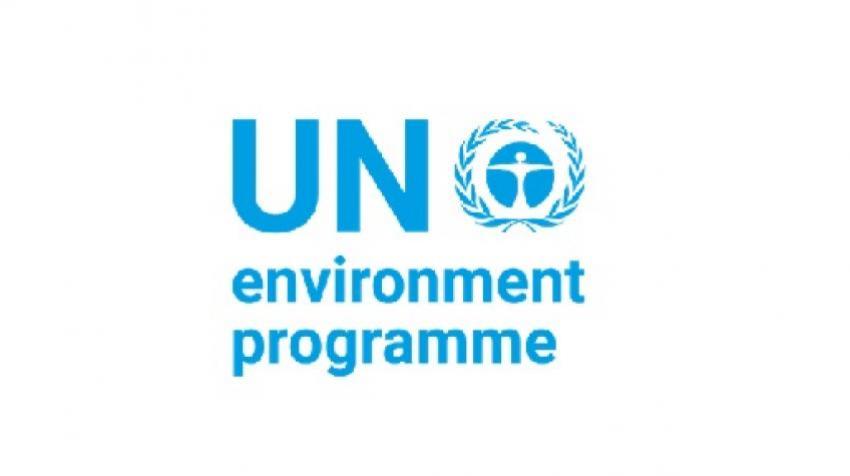Executive director of the United Nations Environment Programme, (UNEP), Inger Andersen has tasked G7 leaders on delivering deep reductions in methane emissions and other super pollutants such as black carbon and nitrous oxide, saying it will slow global warming, cut air pollution and protect ecosystems.
Andersen who was represented by Ligia Noronha stated this at the G7 Climate, Energy and Environment Ministers plenary in Italy said Global Methane pledge is a good start, as is support from the private sector for UNEP’s Oil and Gas Methane Partnership 2.0.
She said Climate change, biodiversity loss and land degradation, and pollution known as the triple planetary crisis are not the only environmental problems.
”They bring economic and social consequences on prosperity, equity and human health. And they contribute to a prevailing trust deficit and raise issues of justice,” she said.
- FG inaugurates 13-man committee for National Merit Award
- AKTH conducts maiden kidney, urology treatments with LASER
According to her, restoring land and ecosystems are powerful solutions to climate change, nature loss, air pollution, food insecurity and poverty, which is why it is part of the focus of World Environment Day this year.
She noted that UNEA-6 saw resolutions on combating desertification, land degradation and dust storms.
While noting that the UN Decade on Ecosystem Restoration is backing efforts to restore one billion hectares of land, she said G7 nations can throw their full weight behind the agenda.
On addressing plastic pollution, she said the G7 can drive success through strong political support for the negotiations.
”Your leadership and political engagement in the process will be critical. In the intersessional process that will precede the final round of negotiations in Busan. And through ministerial engagement in Busan, we hope that the G7 will fully support this high-level political push,” she said.
She further said: “Looking beyond the actual negotiations, beating plastic pollution would require investments in solid waste management beyond the financial mechanism of the instrument. The voice of the G7 will be important to encourage Multilateral Development Banks to increase their financing for such investments.”

 Join Daily Trust WhatsApp Community For Quick Access To News and Happenings Around You.
Join Daily Trust WhatsApp Community For Quick Access To News and Happenings Around You.

